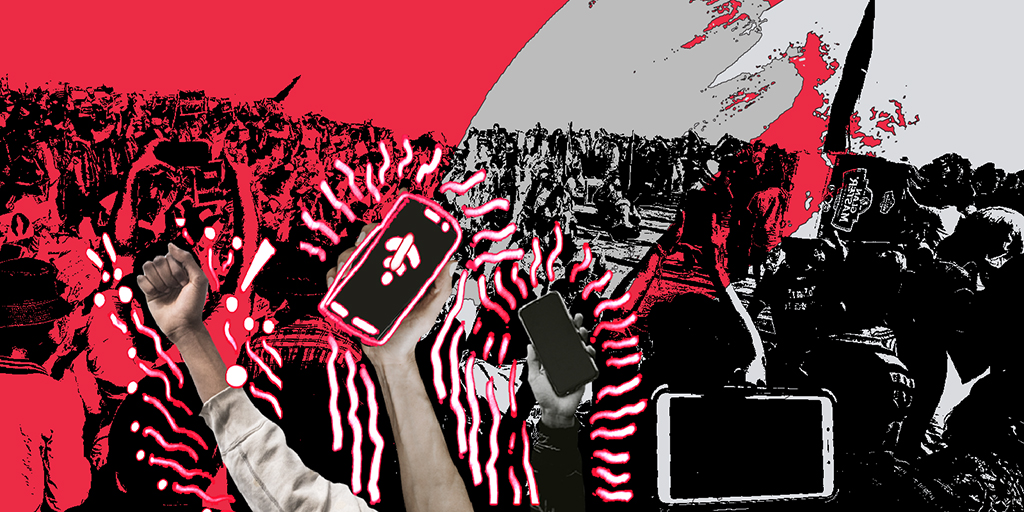On 23 August, millions of people will head to the polls in Zimbabwe against a backdrop of growing government censorship — and they deserve accessible internet before, during, and after. Via an open letter, Access Now and the #KeepItOn coalition are demanding authorities break the cycle of internet shutdowns and growing online authoritarianism.
People are sick and tired of being censored, shut out, and controlled by authorities who can turn a digital key at whim and block internet access for millions — especially during elections. The government owes the people of Zimbabwe the fairest election possible, and that includes access to information. Authorities must #KeepItOn.Felicia Anthonio, #KeepItOn Campaign Manager at Access Now
Zimbabwe’s history of recorded internet shutdowns goes back to at least 2019 with a three-day shutdown, with authorities also cutting the nation off in 2022. Denying people access to the internet and communications platforms can only disrupt and delegitimize the 2023 elections.
Internet shutdowns — whether in Zimbabwe or beyond — are dangerous. Denying people access to information and the right to be heard are attacks on human rights. We need collective action from governments, international organizations, and telecommunications providers to demand equal, open internet access for all.Jaimee Kokonya, Africa Campaigner at Access Now
The letter signatories call on authorities in Zimbabwe to:
- Publicly assure the people of the Republic of Zimbabwe that the internet will remain open, accessible, inclusive, and secure across the country before, during, and after the election;
- Refrain from ordering the interruption of telecommunications services, social media platforms, and other digital communication platforms;
- Ensure that telecommunications and internet service providers implement all necessary measures to provide high-quality, secure, unrestricted, and uninterrupted internet access; and,
- Ensure that telecommunication and internet service providers inform people of any potential disruptions, and to take all reasonable steps to fix any identified disruptions likely to impact the quality of service they receive.
